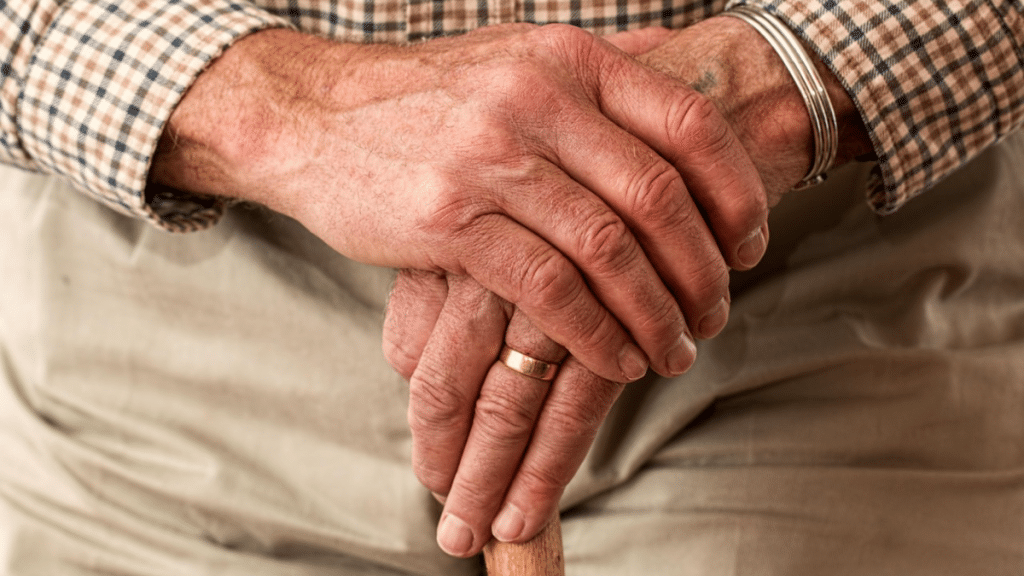Choosing in-home care for your aging loved one is an important decision. It’s not just about keeping them safe—it’s about keeping them comfortable, happy, and as independent as possible in their own home. But what is senior in-home care, and how do you know what to expect? Let’s break it down so you can be confident in what’s to come.
What is Senior In-Home Care?
Senior in-home care is basically about providing personalized care to elderly persons who want to stay at home but need some help with daily activities. This can range from basic activities like dressing and meal preparation to more complex health-oriented care. The best part about in-home care is that it’s tailored to the individual’s needs, whether they need help around the house or have specialized care needs, like those recovering from traumatic brain injury (TBI).
Think about it this way: it’s all about getting care that enables your loved one to live comfortably and safely, without sacrificing their independence.
Types of Senior In-Home Care Services
In-home care isn’t a one-size-fits-all situation. There are a variety of services available depending on the person’s needs. Here are the most common ones you’ll come across:
Personal Care and Assistance
Personal care is a perfect fit if your loved one needs help with daily activities like bathing, dressing, grooming, or getting in and out of bed. Caregivers help with walking, remind them to take their medication, and ensure they eat well and stay healthy.
Companionship Care
Aging can be lonely at times, especially if mobility becomes an issue. Companionship care is merely a question of providing social interaction, whether that’s conversation over a cup of coffee, a game, or even accompanying them to an appointment. This type of care can affect their mental and emotional well-being.
Health-Related Care
For others with more urgent medical needs, skilled nursing care may be necessary. This can range from administering medication to wound care, checking vital signs, and even helping with rehabilitation exercises. It’s more medical, but still done right in the comfort of their own home.
Specialized Care
Others need very specialized care, like those recovering from a traumatic brain injury (TBI). TBI home care services can help with everything from cognitive therapy to physical mobility exercises. A specialty caregiver will help with recovery goals, providing physical and emotional support as your loved one heals. TBI home care services are critical to recovery, from assisting them in retraining their brain to just having someone there to ensure they are safe.
What to Expect from the In-Home Care Process
If you have never had any experience with in-home care before, it can be intimidating at first. But the process itself is very straightforward. Here is what you can expect:
Initial Consultation and Assessment
Before care begins, an assessment determines your loved one’s specific needs. A caregiver or care manager will come to the home, assess their health, and discuss their daily routine. This enables them to create a customized care plan that suits their needs, whether they need full-time care or just periodic assistance during the day.
Choosing the Perfect Caregiver
Most important of all, in-home care is the relationship between the caregiver and your loved one. Agencies will match a caregiver to the individual based on his or her needs, interests, and personality. Caregivers are background-checked, trained, and ready to help with whatever your loved one requires, from health care to companionship.
Creating an Individualized Care Plan
Following the assessment, a personalized plan of care is developed. It covers everything from activities of daily living to medication management and may be adjusted as the situation changes. Whether it’s offering extra support throughout the day or developing adaptations to maximize mobility, the care plan assists your loved one in getting exactly what they need.
The Advantages of Elder In-Home Care
There’s a reason why increasingly more families are choosing in-home care for their aging loved ones—it’s because it works. Here’s why:
Comfort of Staying at Home
Home is where the heart is, right? For seniors, staying in a familiar environment with personal belongings, pets, and memories is so comforting. It’s also healthier for their mental well-being, making them feel in control and independent.
Cost-Effectiveness and Flexibility
In-home care is often less expensive than the cost of a nursing home. And it’s flexible. You just pay for the services your loved one needs, and the care can be adjusted as those needs change.
Improved Quality of Life
Having a caregiver around means your loved one doesn’t have to struggle through tasks by themselves every day. They get the assistance they need, which can reduce stress and frustration. And with something like companionship care, they’ll be more engaged and less isolated.
Specialized Support for Recovery
Others need highly specialized care due to problems like TBI. In those cases, specialized care can speed up healing. Having someone who understands how to handle and aid in recovery goals makes all the difference in the world in healing.
Conclusion: Making the Right Choice for Your Loved One
Ultimately, in-home care is all about ensuring your loved one gets the care they need to thrive, whether for daily tasks or more complex medical needs. The benefits are clear: they get to stay in the comfort of their home, with personalized care that grows as needed. If they require specialized care, like TBI home care services, you can rest assured that professional caregivers are there to help with recovery and rehabilitation.
Choosing in-home care is doing what is best for your loved ones, while allowing them to preserve their independence and dignity. It is not just caring for the elderly; it is assisting them in living their best lives.
